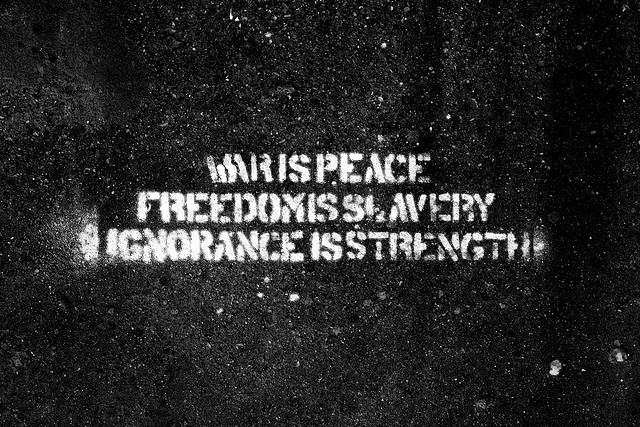Senior Staff Writer
Scandal happens. It happens in Columbia when Secret Service agents just can’t agree about the price of the sexual act with some prostitutes, or when John Edwards misuses campaign funds. It can happen when a multinational wishes to aggressively expand in a land ruled by a quasi-failed government.
It also apparently happens when a young boy dons a hoodie in a gated community. Really, it can happen anywhere, and there’s not any especially good metric by which to gauge it. Scandals come in all shapes and sizes, but they are everywhere all the time, even on this campus.
The usual scheme of things can be easily disrupted. We notice this with equal ease and comment on it endlessly. What we have more trouble identifying as a society are long-term trends that meaningfully affect the shape of the world in which we live.
Occasionally our little controversies help to illustrate larger narratives, but more often than not we fail to see that. The front page indicates what happened yesterday, but it can also inform us of what the world will look like in five or 10 years. Few things are more difficult than divination; maybe that’s why we prefer to talk about what happened yesterday than what will possibly happen tomorrow.
As college students we often seem to prefer referencing Nickelodeon and reminiscing about the good ol’ days of freshman year rather than talk about that big scary place called the “real world.”
We fail to notice the shapes of our own lives, often looking back on them with undue regret and despair, or perhaps misplaced self-assuredness instead. We barely recall our childhoods as we attempt to decipher the entire history of the world and its workings in our liberal-arts studies. Our school’s premise may be to guide us into becoming better self-informed, and better informed about our world. Really, we’re here to become better and more well-rounded people.
We often fail to improve, or even to obey basic moral or legal standards. We transform these failures into lessons that inform us, but that’s very difficult. Too difficult perhaps.
Questions or comments? Email Connor at connor.burns@fandm.edu.
